It has been said that the enamel, which is the outer covering of the teeth, is the hardest/strongest substance in the body. This theory is accurate because the composition of enamel is 96% mineral. The question now is this: is it possible to have soft teeth?
Soft teeth can also be termed “weaker teeth.” Some people tend to have teeth that may be weak or soft as a result of some surrounding factors. When the teeth lack enough enamel or teeth are weak, they are prone to decay or get damaged.
Teeth Compositions
Before we dive deeper, let’s look at the teeth’s composition. It’s important to know that the teeth are composed of four (4) layers of dental tissue. These include enamel, dentin, cementum, and dental pulp.
- Enamel: this is the hard white substance covering the crown of a tooth; it is the outer covering of the teeth that makes them hard.
- Dentin: being the main calcareous part of the tooth, dentin is the tissue located immediately under the enamel; it is beneath the enamel and surrounding the pulp chamber and root. It’s also strong but not as strong as the enamel.
- Cementum: this is a specialized bony/strong substance covering the root of a tooth; it’s a hard substance that protects the root of the tooth.
- Dental Pulp: looking at pulp, we are talking about the innermost layer of the tooth that contains soft tissue; the inner substance of the tooth, containing arteries, veins, and lymphatic and nerve tissue. The soft tissue isn’t hard.
Oftentimes, when people refer to their teeth as being soft, they are actually drawing attention to the fact that they have problems with their enamel. Despite the fact that enamel is the hardest substance in the body, it can be damaged if proper oral hygiene is not practiced. The thing here is that if there’s not enough enamel or the enamel is already damaged, the softer inner layer can be unmasked. Now, if the damage is nightmarishly great, the soft, inner layer pulp may be uncovered. This in turn can lead to tooth pain and also tooth sensitivity. Teeth can also be considered soft as a result of a lack of overall protective enamel.
Conditions That Lead to Soft Teeth
There are certain conditions that eventually lead to soft teeth. People don’t necessarily have to be born with soft teeth to have soft teeth, and I’m not sure if anyone is actually born with soft teeth. The thing is, the level of practicing proper oral hygiene determines the kind of teeth one will have. We should not forget that when we say soft teeth, we mean weaker teeth. When the teeth are said to be weak, it means there are some dental/oral issues/problems that are associated with them.
Here, we will look at some of the underlying factors/causes that can lead to having soft teeth.
- Enamel Erosion: the bad news is the fact that once the enamel is damaged, it cannot be corrected. This is the reason it is essential to try as much as possible to practice proper oral hygiene, that way, you will prevent the enamel from getting damaged. As the popular saying goes “prevention is better than cure.” In the case of a damaged enamel, there’s no cure, which may eventually lead to tooth loss. There are factors that lead to enamel erosion: consumption of acidic foods, acid reflux, tooth grinding, overbrushing, amongst others. These aforementioned factors can damage the enamel, thereby uncovering the softer inner layers. Observing proper oral/dental hygiene is the key to preventing the enamel from getting damaged.
- Enamel Hypoplasia: this is a situation where a person’s teeth have enamel imbalance; it’s a condition that occurs when one’s teeth have identifiable enamel imperfection. Some of the noticeable signs of enamel hypoplasia include brown teeth, yellow teeth and exposed dentin.
- Enamel Hypo-Mineralization: here, this condition/challenge occurs when the process of creating enamel in the body is being interrupted. The process of enamel creation is known as mineralization. This said condition can lead to having soft or bumpy enamel growing on the teeth. People with this condition, especially children, are likely to always have sensitive teeth that are prone to decay as a result of lack of enamel protection.
- Tooth Sensitivity: Do your teeth react to anything that goes into your mouth? Do you feel some sort of discomfort from cold, iced or hot beverage? Perhaps, you find yourself flinching during brushing or flossing? When experiencing these, there’s a possibility that you have what is called tooth sensitivity. Folks with sensitive teeth may notice pain or discomfort as a result of certain things that go into their mouth. This discomfort may be at the roots of the affected teeth, making the gums excruciating. This has to do with tooth discomfort with changes in temperature or other triggering factors. People with sensitive teeth are said to have soft teeth.
- Amelogenesis Imperfecta: this is a congenital disorder which presents a rare abnormal formation of the enamel or external layer of the crown of the teeth. Amelogenesis imperfecta is as a result of malfunction of the proteins in the enamel; abnormal enamel formation. People suffering with amelogenesis imperfecta may have teeth with abnormal colour; brown, yellow or even gray. This rare disorder can also afflict any number of teeth of both dentitions. Some people with this disorder also have teeth that are smaller in size due to the condition.
Other Factors That Can Cause/ Lead to Soft Teeth
There are also some external factors that can unarguably lead to the teeth becoming soft. These include:
- Overbrushing: overbrushing or brushing too hard is another basic factor that leads to having soft teeth. This act of overbrushing includes brushing your teeth aggressively; not minding the harm it may cause you, and using hard bristled toothbrush to brush your teeth. You might think these methods of brushing are the best, but ironically, you are causing more damage to your teeth than your true intention, which is to make your teeth super clean. You obviously don’t need a super power to make your teeth clean. Mild brushing with a soft bristled toothbrush will do just a perfect job.
- Tooth Grinding: grinding of teeth is another major factor that leads to having soft teeth. Your tooth enamel, being the strongest substance in your body doesn’t stop it from wearing out when you indulge yourself in the habit of tooth grinding. This habit, in turn, automatically exposes the dentin, which contains the hollow tubes that lead to your nerves. This said habit of tooth grinding leads to soft teeth.
- Injury: your enamel and the strength of your tooth can be affected when the tooth is chipped or broken. Trauma to the teeth can make both the teeth and enamel less strong than they were before the accident.
If you notice some abnormalities with your teeth, don’t hesitate to let your dentist know on time. They are in the best position to tell you what to do. Also, make it a daily habit to always practice proper oral hygiene as this will help prevent avoidable dental problems.


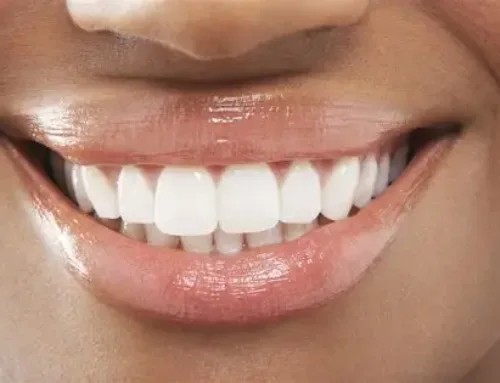
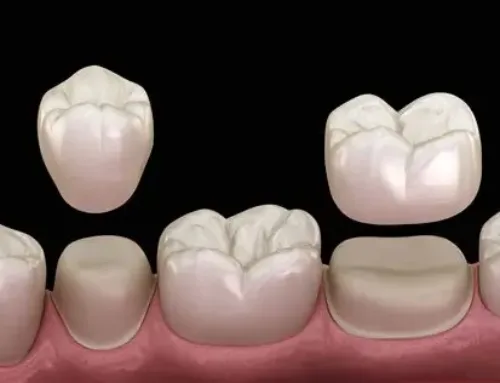
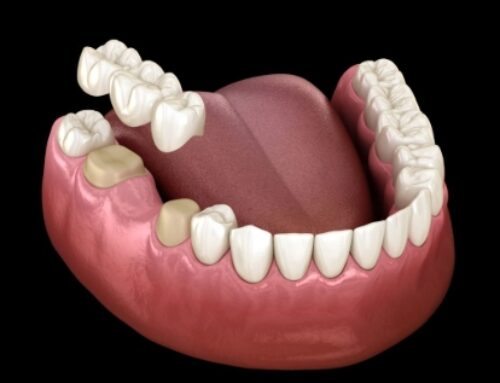
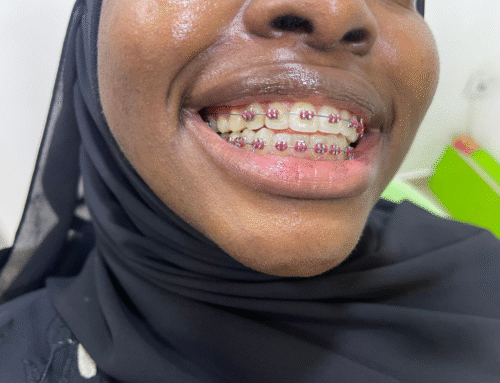
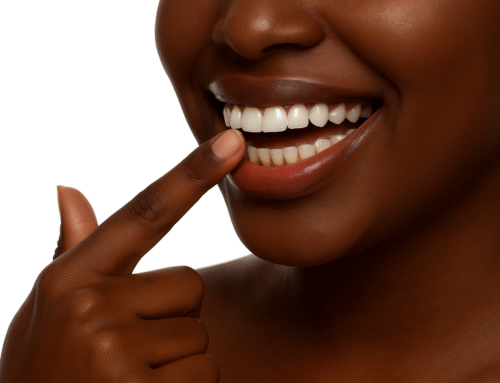
Leave A Comment